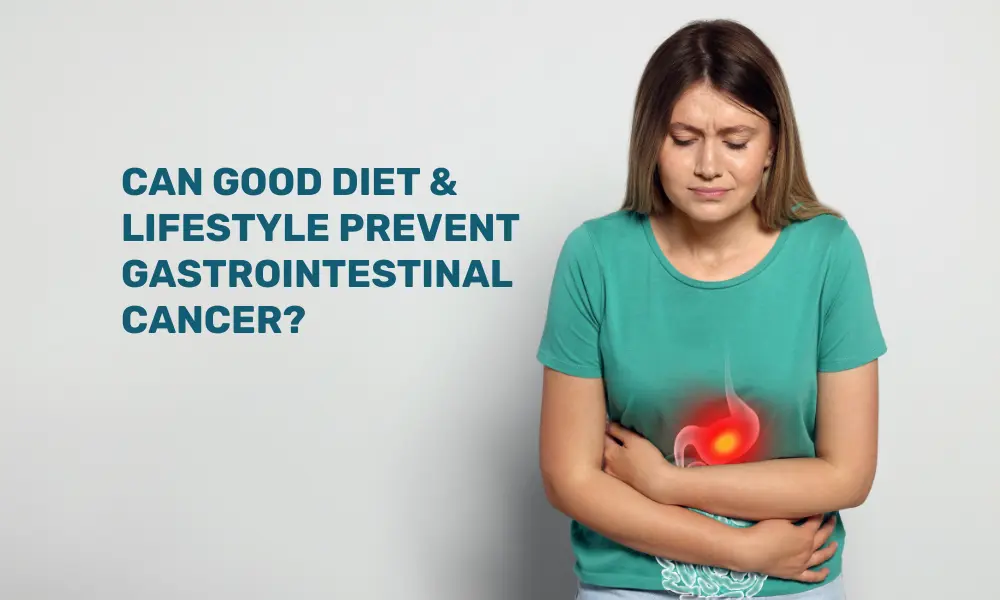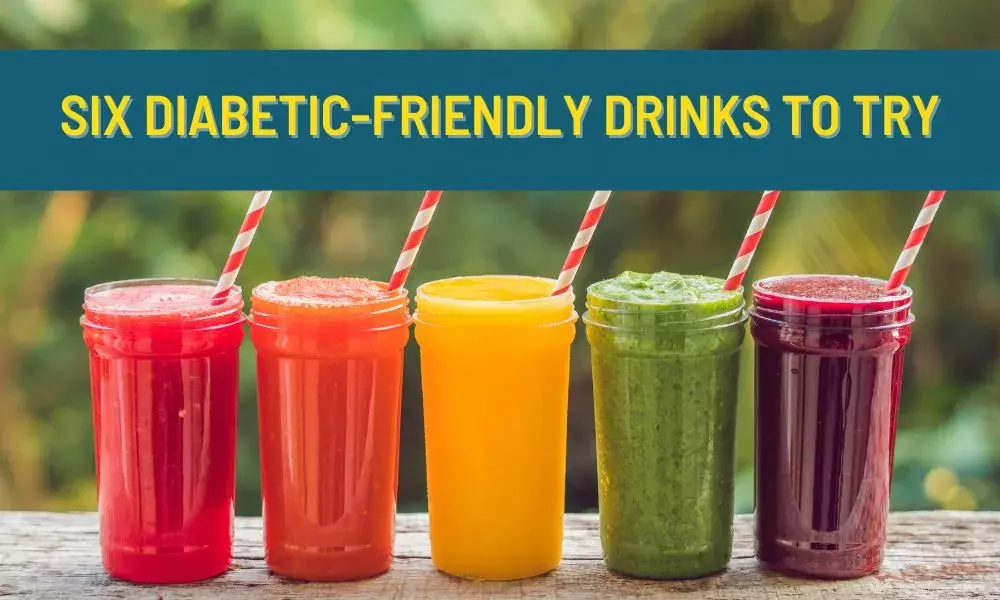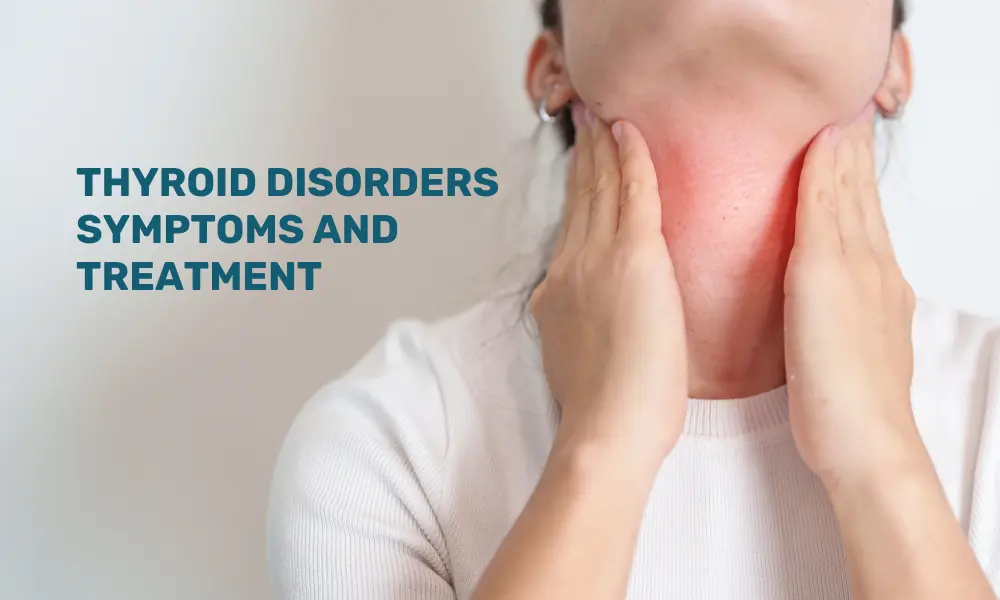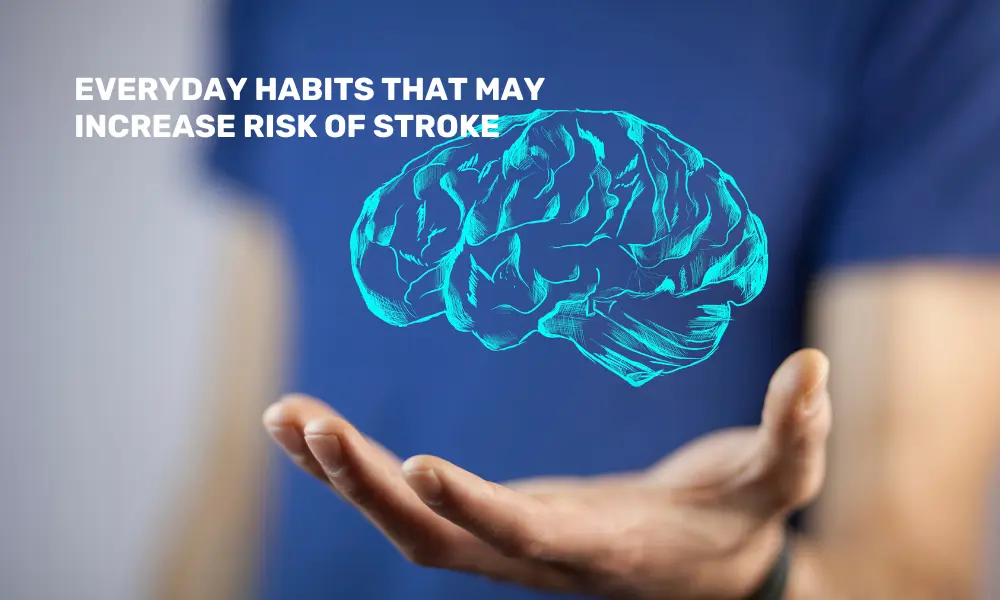Gastrointestinal cancer (GI) is Known as one of the major causes of cancer-related mortality worldwide. It refers to stomach cancer, colon cancer, liver cancer, and pancreatic cancer. However, gastrointestinal cancer can be prevented with the right diet and lifestyle choices.
A person’s genetic background contributes to GI cancers, but most of these cancers become preventable through maintaining healthy dietary and lifestyle behaviors.
How healthy diet can prevent gastrointestinal cancer?
Eat more antioxidant-rich foods: Consuming foods with antioxidant content from berries, leafy greens, and citrus fruits helps protect cells from destructive free radicals, which lead to cancer development.
Reduce salt and ultra-processed foods: Consuming excessive salt, mainly through processed foods and pickled items, increases the probability of developing stomach cancer. Chronic inflammation that leads to cancer development occurs when people consume ultra-processed foods containing preservatives and unhealthy fats.
Increase fiber intake: The digestive system stays healthy when people consume whole grains, fruits, and vegetables together with fiber from their diet. The human body benefits from fiber through improved digestion, regular bowel movements, and a decreased colorectal cancer risk because fiber blocks harmful gut lining exposure to toxins for extended periods.
Stay hydrated: Water consumption enables proper digestion while helping the body remove toxic substances. Excessive soda consumption leads to obesity, which serves as a main risk factor for GI cancers and additional types of cancer.
Limit processed and red meat: High levels of processed meat consumption, together with red meat consumption, have been found to significantly raise the chance of developing colorectal cancer. The cooking process at high temperatures generates carcinogenic nitrates and heterocyclic amines that are present in these food items.
Lifestyle changes to reduce the risk of gastrointestinal cancer
Avoid tobacco and alcohol: The consumption of tobacco products leads to cancer development in the esophagus and pancreas as well as in the stomach. Excessive drinking of alcohol leads to higher chances of developing both liver cancer and colorectal cancer. Getting rid of these lifestyle choices dramatically decreases the risk of GI cancer.
Healthy weight: The major risk factor for colorectal, in addition to pancreatic and liver cancer, is obesity. A combination of balanced nutrition and physical exercise helps people control their weight and minimizes bodily inflammation.
Exercise regularly: Physical exercise helps people achieve weight control, supports digestive health, and alleviates inflammation. The World Health Organisation specifies that people should exercise moderately for 150 minutes each week to get their best health outcomes.
Manage stress and get enough sleep: Long-term stress combined with inadequate rest creates an immunological weakness that leads to unhealthy dietary behaviors, which raise cancer susceptibility. Mindful practices, including meditation combined with yoga and sleep hygiene strategies, serve to preserve a person’s general health.
Get regular screenings: Early detection saves lives. Medical tests such as colonoscopies, together with other screening procedures, help identify early signs of gut precancerous conditions to enable prompt medical treatments. Those who have GI cancer in their family history must begin screening procedures before the recommended time for standard population members.
Given the complications and dangers associated with gastrointestinal cancer, one must focus on clean eating and regular exercise.
Disclaimer: This article is meant for informational purposes only and must not be considered a substitute for professional advice.
FAQ on Gastrointestinal Cancer
What are gastrointestinal cancer symptoms?
Stomach cancer signs and symptoms may include:
-
A painful or burning sensation in the abdomen
-
Heartburn or indigestion (dyspepsia)
-
A sense of fullness, even after a small meal
-
Nausea and/or vomiting
-
Loss of appetite and/or weight loss
-
Swelling of the abdomen
-
Unexplained tiredness or weakness
How to avoid gastric cancer?
Here are some recommendations for Preventing Stomach Cancer:
-
Not using any tobacco products
-
Not drinking alcohol
-
Maintaining a healthy body weight (e.g., body mass index below 25)
-
Being physically active every day
-
Eating a diet rich in fruits and vegetables (particularly citrus fruits) and low in processed meats
How is GI cancer detected?
Endoscopic tests to diagnose GI cancers might include these nonsurgical procedures: Colonoscopy and sigmoidoscopy.





